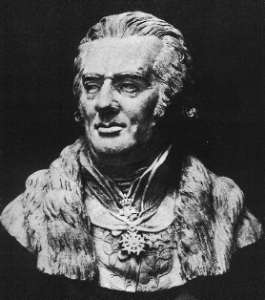Monsieur le duc de Saint-Aignan
It pleases me to read your letter, thinking about the past in which we fought on the field of battle for God, King and country. Especially your warm words about my person bring me much joy to read.
It is most pleasant to be back in France, in our homeland, my constant dreams have finally come true and the true monarchy has been restored. It is the first step on the road to recovery. Bonaparte has stripped our nation bare and left France to decimation for his own shortcomings and failures, his true origin showing, he was never anything more than an upstart.
But for all of this, our France is still filled with sickness, the poverty that fills the street, the noble houses that have been ruined cast a dark cloud onto the prospects of our proud Kingdom and it must be reversed if we ever hope to strive for goodness once again. I agree with many things your Grace say, the army must once again be filled with men loyal to the Crown, to France and the monarchy. If we the armies of his Majesty is controlled by opportunists and men of low character, then there can be no doubt that no long term stability or prosperity shall be ushered in during this new and glorious restoration era. The uprising during the 100 days have only all the more proven to us that capable and loyal officers in charge of His Majesty’s army is needed now more than ever. I pray that I may convince his Majesty in the future to appoint men of true character, integrity and loyal to not only his person, but his family and the monarchy. I myself would take up command if my health would let me, much rather defend our kingdom than sit and eat soup.
It is clear what must be done, the old order must rally to save the king before he falls to ill advise of lesser born creatures of ill faith and poor manners. If France is to recover, then the old privileges, titles, lands and fortunes be restored full haste. Any new Kingdom must be built on the justice and honour.
If you wish to speak more with my person then I invite you to pay me the honour of your visit. My advise for you though is simple, serve God, His Majesty and France, beware of the all the new men who so eagerly seeks his Majesty’s blessing, for only through sincere action with no hope of reward can their loyalty be proven. Not by pretty words, deep bows or proclamations of loyalty with no risk to their person and their property. It is easy to serve while there is no risk, only by being willing to risk your own in service of God, King and France can you truly be worthy of reward and favour.
Vive le Roi
- Louis Joseph, Prince of Condé







